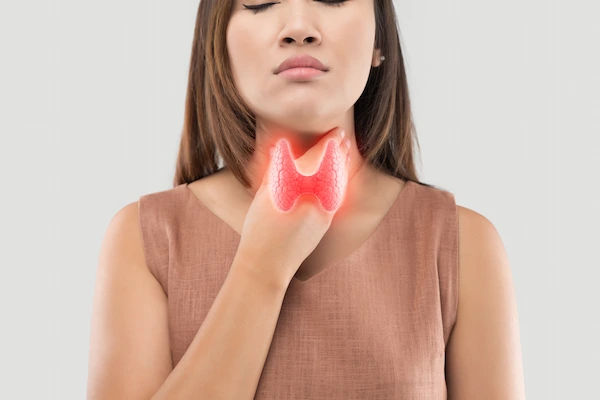- male
- 60 Years
- 10/05/2022
How do people die from diabetes?
Answered by 1 Apollo Doctors
Diabetes when uncontrolled can cause sudden increase in blood sugar level causing an emergency called Diabetic ketoacidosis which can be life threatening if not treated in time. Also, long standing Diabetes may lead to organ damage which can be fatal.
Dr. Chandra Suggests...
Consult a Endocrinologist
Answered 04/07/2025
0
0


Ask Apollo
AI powered Health Chatbot
-
Understanding Diabetes and Its Impact
Diabetes affects the body's ability to manage blood sugar, leading to high glucose levels that can damage organs over time. -
Common Complications Leading to Death
- Cardiovascular Disease: Increased risk of heart attacks and strokes.
- Kidney Failure: Damage to kidneys can lead to end-stage renal disease.
- Infections: Poor circulation and immune response increase infection risk.
-
Acute Life-Threatening Events
- Diabetic Ketoacidosis (DKA): High blood sugar leads to acid buildup, causing severe dehydration and coma.
- Hypoglycemia: Critically low blood sugar can result in seizures or unconsciousness.
-
How These Complications Cause Death
Complications impair vital organs, leading to heart failure, severe infections, or multi-organ failure. -
Prevention and Management
- Control blood sugar levels.
- Regular medical check-ups.
- Lifestyle changes: healthy diet, exercise.
-
When to Seek Medical Help
- Warning signs: severe fatigue, chest pain, confusion, or persistent infections.
- Immediate medical attention can prevent fatal outcomes.
Recommended next steps
Consult a Cardiologist or Consult a Nephrologist
Answered 20/08/2025
0
0
More Endocrinology Health Queries
View allWhat does a TSH level of 0.01 mean?
A low TSH such as 0.01 suggests your thyroid is overactive and producing excess thyroid hormone.
Answered by 1 Apollo Doctors
I'm 23 and really don't want surgery to enhance my breast size are there any medications or natural options that actually work without side effects like weight gain? I'm looking for something safe and effective.
No safe, proven natural remedies for breast enhancement; creams or pills usually don't work.
Answered by 1 Apollo Doctors
I'm wondering when it's best to take Shelcal HD tabletsshould they be taken before or after meals? And if there's a specific time I should wait before or after eating, Id love to know.
ideally it should be taken after food
Answered by 1 Apollo Doctors
Disclaimer: Answers on Apollo 247 are not intended to replace your doctor advice. Always seek help of a professional doctor in case of an medical emergency or ailment.


